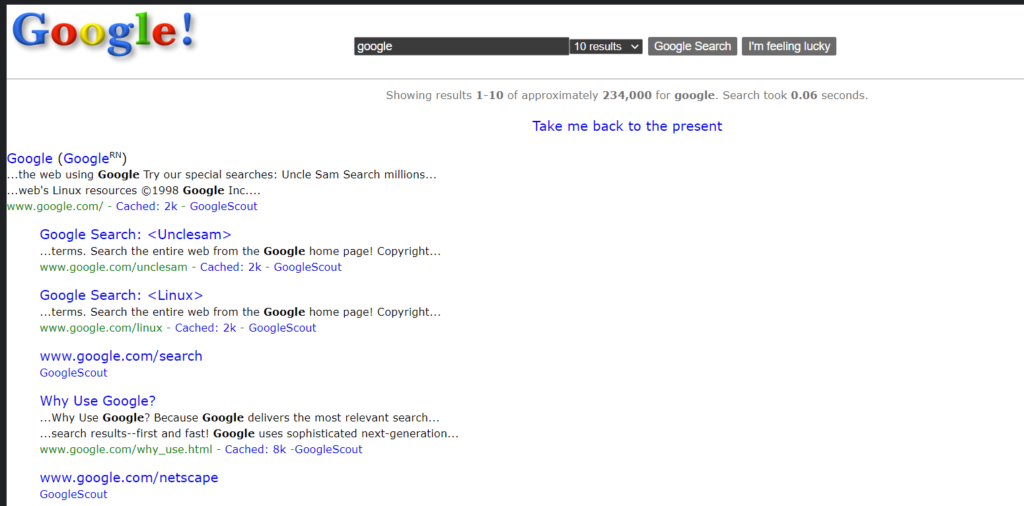When Twitter started to implode at the end of last year, I made the decision that I was going to check out Mastodon as an alternative and go through and delete my history of tweets and likes. I had a lot so I needed to find some kind of tool that could delete everything in batch, rather than scroll through a 10-year timeline and delete this activity one at a time.
Naturally, I went to Google to search for a solution. The top two SERP results were a mixture of blogs and videos with instructions on how to delete my tweets, structured in a way to show the most unpleasant ways (manual deletion, using a script hosted on GitHub), and finally suggesting a service called Circleboom. No disrespect to the marketers at Circleboom, they had completely boxed out the SEO competition for batch Tweet delete. The first two pages of search results were blog posts and “forums” explaining that this service was the best way to do this. Maybe so, but at a cost of several hundred dollars annually seemed a bit overkill for an old Twitter account with less than 500 followers. More importantly, I could not find any search result to answer my question that wasn’t a page built to drive traffic to this service. Clearly, this is great SEO work but not so great for me getting an answer to my question.
I’m going to say something that may be considered heresy in some circles of digital marketing.
The state of search is bad and we’re a big reason why. We are building websites that put so much friction between query = answer. Search engines, like any platform, are not immune to an eventual enshittification (as coined so eloquently by Cory Doctorow).
Let me explain.
In isolation, many digital strategy tactics are effective and achieve results:
- Forcing log-ins to websites push users further into a sales funnel
- A modal offering to join your mailing lists can drastically increase your list size
- Pop-ups asking to download your app increase app downloads
- Autoplay video ads deliver more impressions to advertisers
- Browser notifications drive more traffic to your site
- Forced product tutorials increase feature adoption
- Interrupting the user flow with a request to fill out a survey produces more survey results
- Hiding product pricing until the user arrives in a checkout stage increases subscriptions.
- etc. etc. etc.
Yes, these tactics achieve results but the sum of this taken at once also achieves an exhausting experience across the web for the user.
It’s no surprise that younger generations are turning to TikTok as a search engine. There’s less friction between query = answer AND the results are more authentic.
By the way, while a lot of these digital marketing tactics are making the web harder to use, the search engines themselves deserve a fair amount of blame for their existence. Search algorithms explicitly reward web pages that engage in these practices. A different vision for the web from the search engines would produce a different web experience, but alas, we’re all here more or less getting what we’ve asked for.
The recent announcements of Bard and Bing (2.0?) and the effect of ChatGPT on the internet may change all of this, because they offer an opportunity for search to return to their clean and direct experience and take away all the friction that makes it hard to find information on the web.

What does that mean for digital marketing and all that we know about web strategy? I don’t know and I’m not sure if anyone truly knows yet either. I do know that we will need to be prepared to rethink everything we know about this work and we’ll need to figure out what “feeds these beasts” and give them the information they need in the format they prefer. More or less like we always have.
In the meantime, I’m going to sit in awe during this critical juncture in technology. I don’t think I’ve experienced anything so profound since the introduction of the smartphone.
Buckle up. It’s going to be a wild ride.
